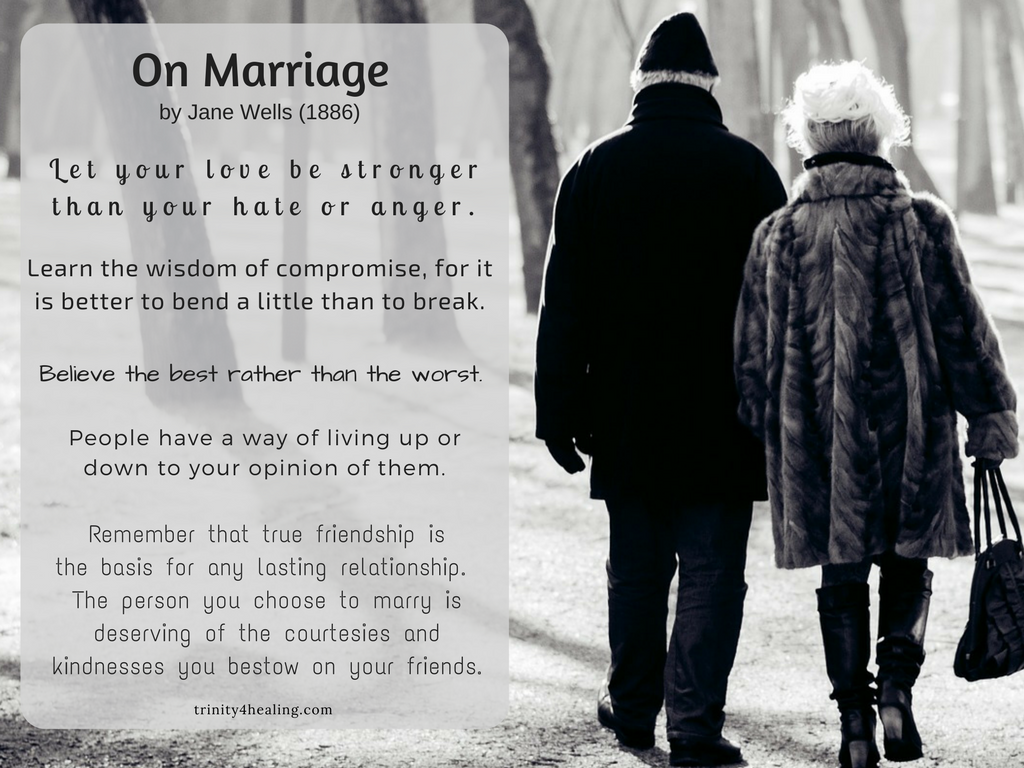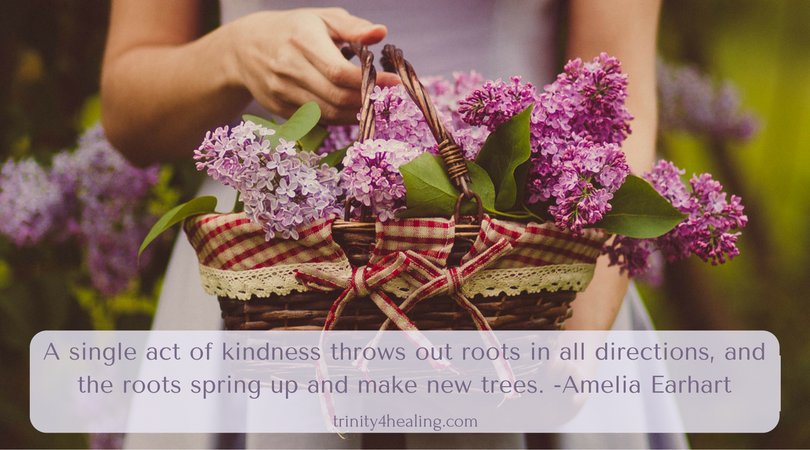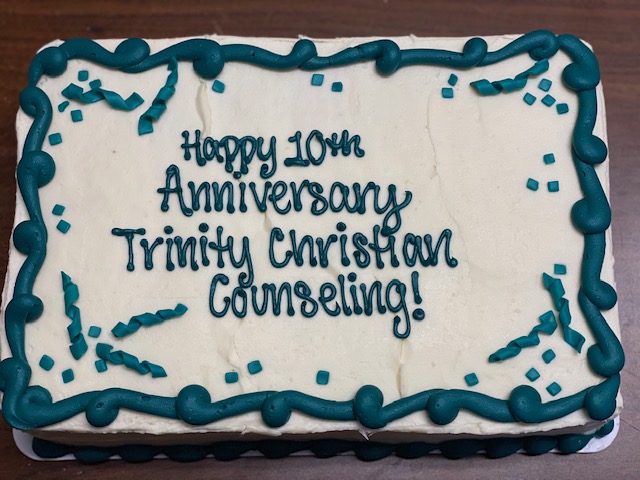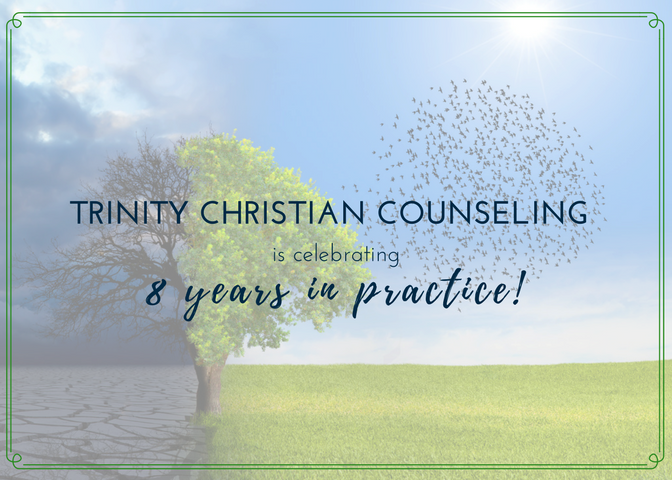This marriage advice was written by an author named Jane Wells back in 1886. These nuggets of wisdom are timeless, and still so applicable today.

Let your love be stronger than your hate or anger.
Anybody who tells you you won’t feel some hate or anger toward your spouse sometime in your marriage is not telling you the truth. If you are doing life with someone, you are going to feel lots of things over the course of time. All the things. But here’s the deal. Hate and anger are feelings. They are reactions to a circumstance or argument and are hopefully very short lived. Love is a choice. It’s more than a feeling or emotion. It is proactive rather than reactive, and it is stronger than a temporary feeling of dislike. You can wake up every day choosing to overcome fickle feelings with a decision of love. That is what you commit to in marriage – through the good and the bad, you stand by each other, making a concentrated effort to walk forward in love. Let your commitment to loving be stronger than fleeting negative feelings. Forever-lasting, successful marriages are committed to the everyday hard work of loving.
Learn the wisdom of compromise, for it is better to bend a little than to break.
The definition of elasticity is something’s ability to return to its original shape after being stretched, deformed, compressed or expanded. Some synonyms for elastic are flexible, supple, and stretchy. Antonym? Rigid. When two people get married, they each bring their own baggage, backgrounds and expectations to the relationship. Each have grown up in different environments and conditions, with different influences and experiences. It’s no wonder there is some friction as two people try to figure out how to make a marriage work. I love this – “It is better to bend than to break.” If you are not elastic in your marriage, willing to compromise, change, and be reshaped, you (or your marriage) will most certainly break. Neither one of you is always right or always wrong. And one of the most important things to realize in conflict is that sometimes there is no right or wrong. Often, there is just different. You must work in your marriage to express your opinions and expectations in a way that recognizes and acknowledges that God made your spouse different than you – in form, in gifting, in purpose, and in background, upbringing, and expectation. Take an honest look at yourself. Could you describe yourself as “elastic” in your marriage or do you always have to be right and get the last word? How would your spouse define you? Fluid, adaptable, flexible? Or rigid? Strive every day to be refined, molded, and shaped for the good of your marriage – to remain flexible. Be willing to bend so you don’t break.
Believe the best rather than the worst.
Give your spouse the benefit of the doubt. When your partner says, “Did you unload the dishwasher this morning?” maybe it just means “Did you unload the dishwasher this morning?” Assume it doesn’t mean, “You are so lazy. Why do you never unload the dishwasher?” Perhaps it’s not a passive aggressive commentary on your housekeeping ability. Maybe they are asking because they are about to load it and need to know if the ones in there are clean or dirty. Maybe they want to serve you because they know your time is crunched in the morning. You have to start believing the best about each other. If you are going to make an assumption, err on the side of grace and love. Why are we so quick to assume the worst in the person we claim to love the most? Assuming the best about your significant other can create a huge positive shift in your home, your family, and your marriage.
People have a way of living up or down to your opinion of them.
If you are assuming and expecting the best about your spouse, they are very likely to live up to that. You believing in them makes them want to believe in themselves. Conversely, if you assume and expect the worst, that’s probably what you’re going to get. When people feel like they are a constant disappointment, it’s hard to have the desire and motivation to keep trying or to improve. If everything you do is met with disappointment and criticism, are you going to be inspired to be a better version of yourself or are you going to get discouraged and give up? The same is true for your partner. If all you see in them is the bad, that’s probably going to be all you continue to see – partly because of their lack of motivation to change and partly because the negative is all you’re looking for anyway. Take your thoughts captive (2 Corinthians 10:5), focus on the good and lovely (Philippians 4:8), and use your words to build up and encourage (1 Thessalonians 5:11). Your partner is going to live up or down to your opinion of them. Hold a high opinion of your spouse. Believe in them. Be a safe place to land.
Remember that true friendship is the basis for any lasting relationship. The person you choose to marry is deserving of the courtesies and kindnesses you bestow on your friends.
Does this one hit just a little too closely to home? Has this ever happened to you? You and your spouse are in an argument. You are snapping at each other. You are using *that* tone, raising your voice, and responding with sarcastic comments. You know you are not speaking in love, but you just can’t stop. You’re mad and well, they deserve it. And then the phone rings. It’s your friend from church. You pick up, answer, and talk in the most pleasant, kind voice, showering the person on the other end of the line with the best of you. You look across the room at your spouse. They are standing there, mouth agape, looking at you like you have two heads. You sure did flip a switch. How can you be acting so ugly one moment and then acting so pleasant the next? Your spouse is worthy of the decency, respect, and kindness you show to that church friend. Yes, your spouse is a safe place and sees the worst of you. True friendship means that you’re vulnerable and that you love each other, despite your screw ups. But that does not give you free license to talk to your spouse badly or treat them in a way that you would never dream of speaking to a friend or acquaintance. Your spouse deserves courtesy and kindness, even in times of disagreement. It’s difficult, and it takes concerted effort and daily practice, but it is vitally important to the health of your marriage.
We hope you’ll soak these in, and try your best to apply them to your marriage. We know you won’t regret it!

























